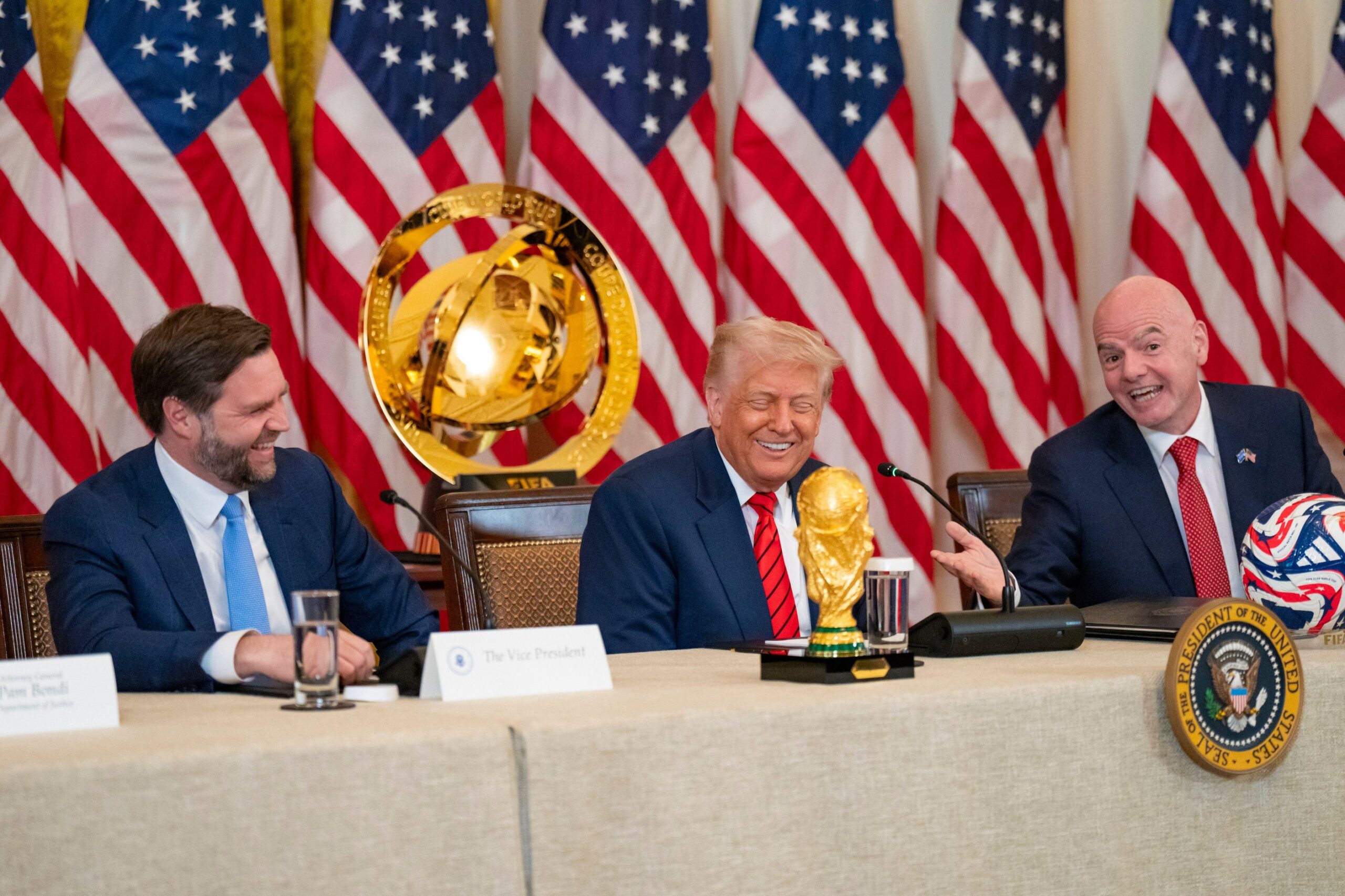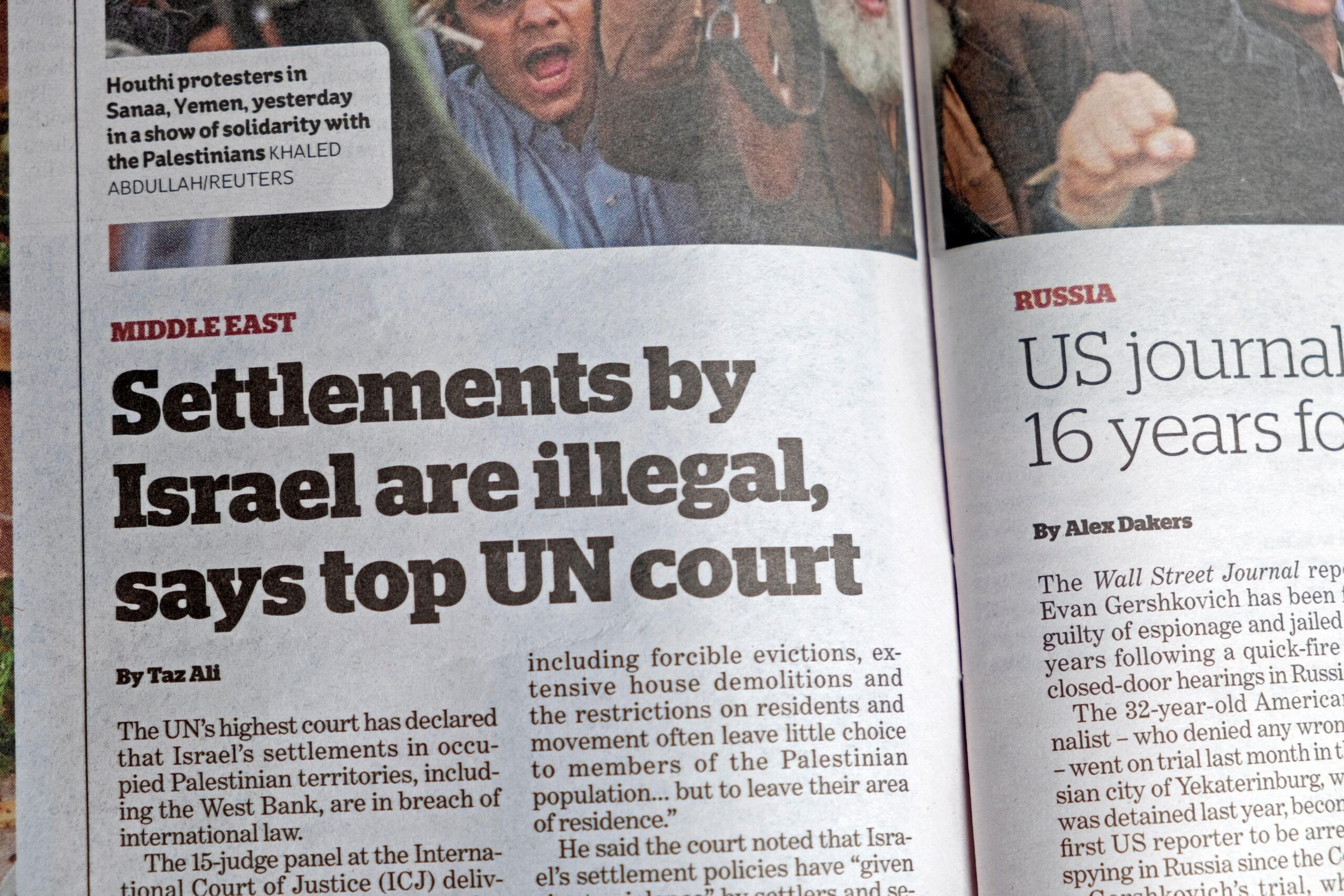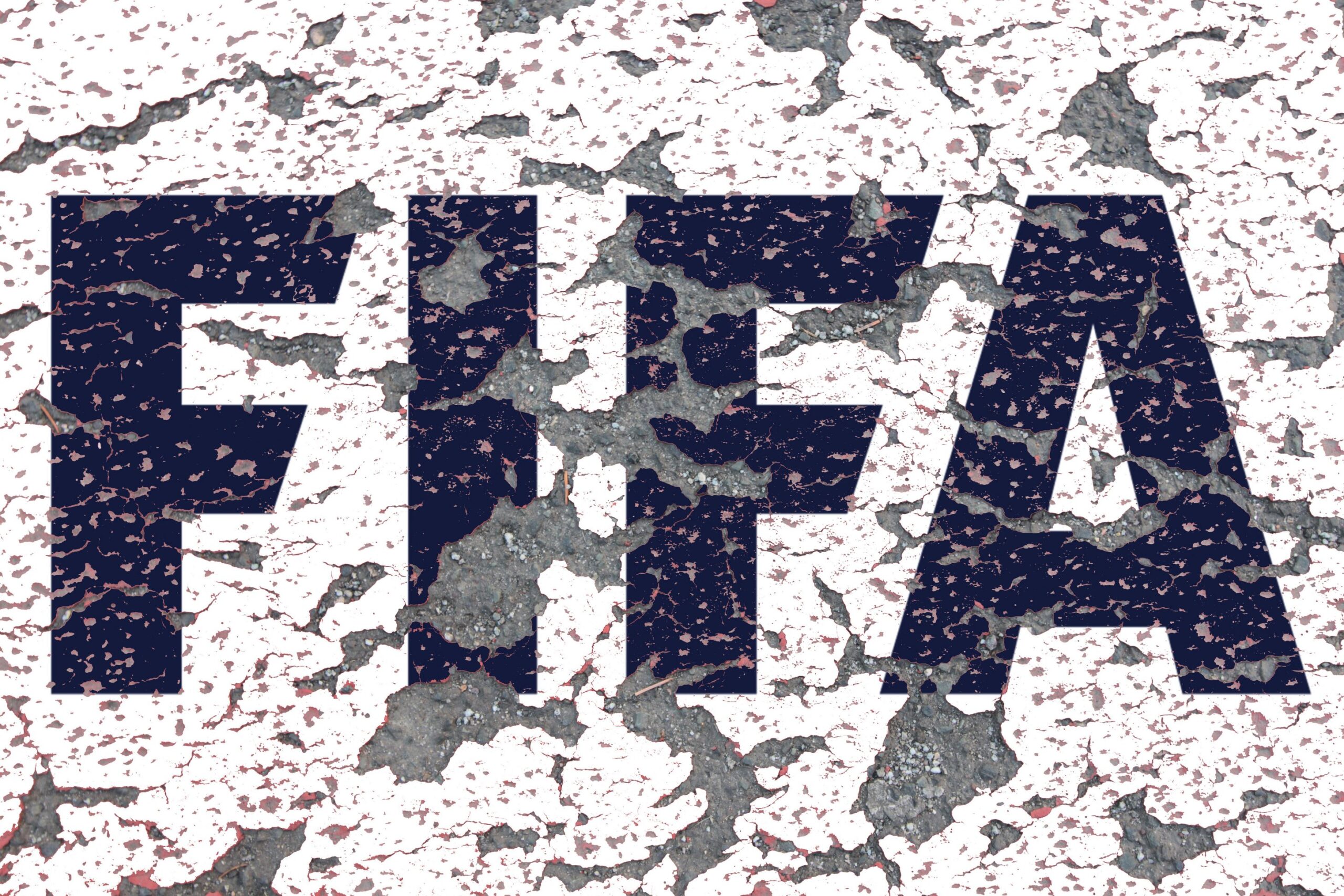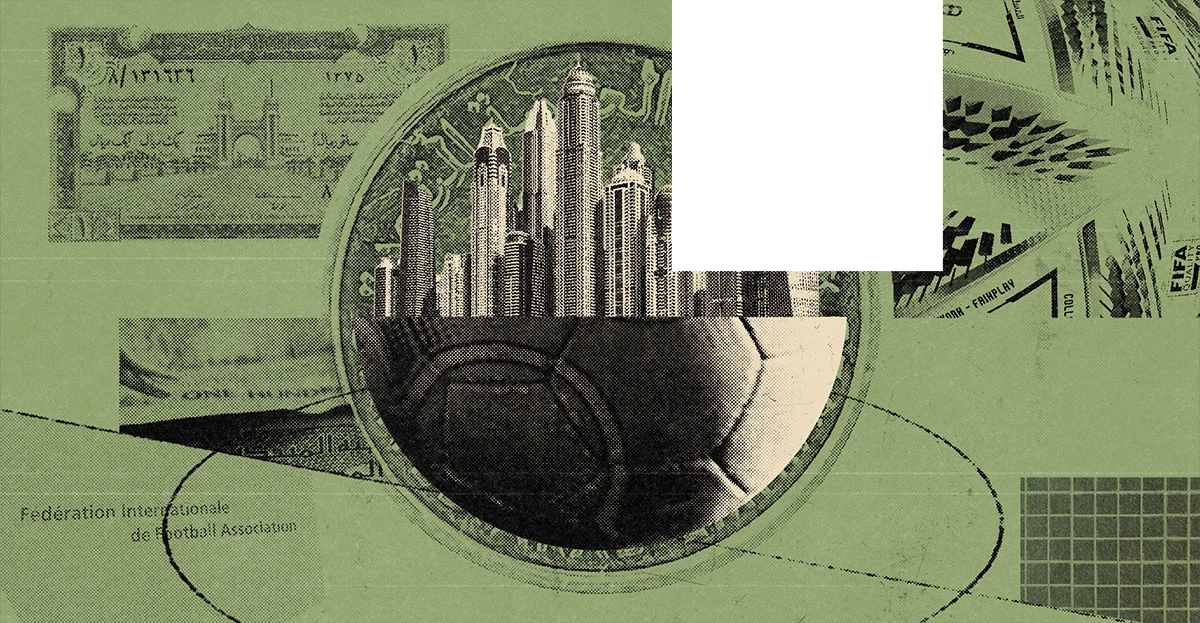
We promote better, more democratic governance to prevent sporting institutions contributing to harm and suffering.
Sport has the potential to play a transformative, positive role in society, but too often its power is misappropriated and exploited in a way that leads to significant and systematic harm, and the escalating financialisation of sports like football, allied to weak governance structures, makes sport increasingly susceptible to capture by authoritarian states.
Our work on accountability in sport is informed by years of research and advocacy on abuses connected to the Qatar 2022 World Cup, and in particular the role of FIFA, which needs external reform. In 2022, as part of a coalition, we pushed for FIFA to create a compensation fund for lives and livelihoods lost in connection with the World Cup. The hosting of the 2034 World Cup by Saudi Arabia will entail harm and suffering at scale.
We have taken a strong stance against state ownership of football clubs, and in our 2023 report Easy Cities to Buy, we explored the political and media impacts of UAE and Saudi Arabian ownership of clubs in Manchester and Newcastle respectively.
We call for clear and consistent rule-making by governing bodies on how they respond to violations of international law such as Russia’s actions in Ukraine and Israel’s actions in the Palestinian Occupied Territories. We have also called on sports governing bodies to be clear and consistent in their application of anti-discrimination rules, including in the case of France’s exclusion of hijab-wearing athletes from the Paris 2024 Olympics.
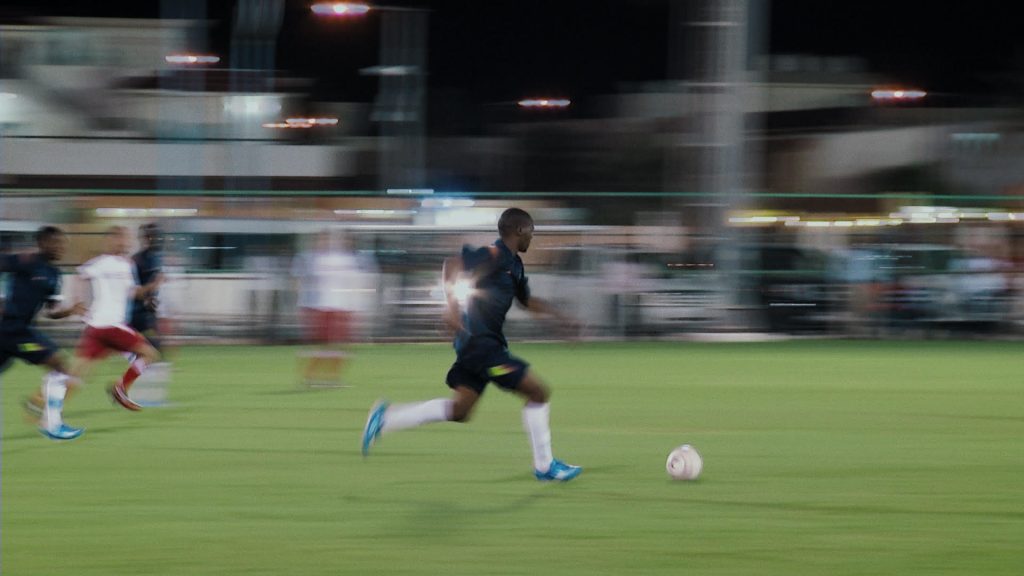
Migrant workers playing football in Qatar, featured in The Workers Cup film.
